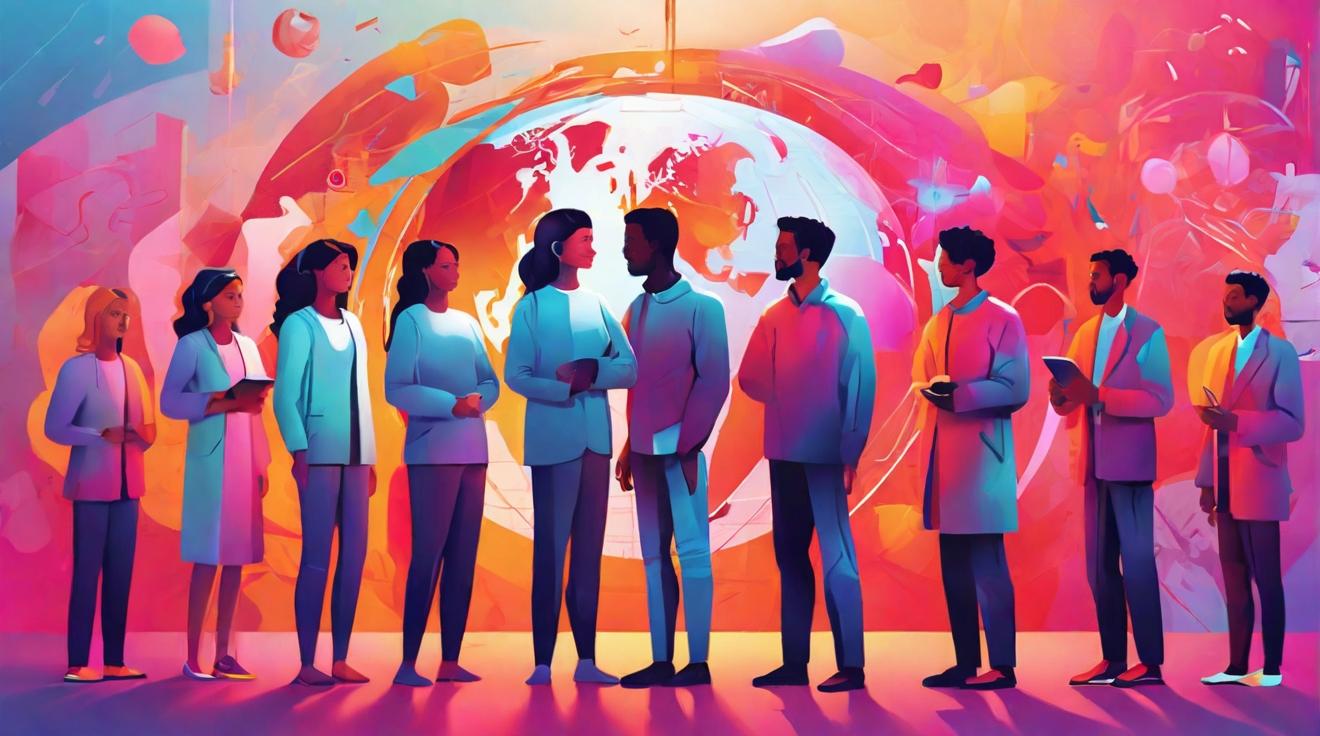AI Governance: Navigating the Future with Emerging Technologies
Since their headline-making debut in the fall of 2022, large language models have been a hot topic of discussion. Experts in technology and its societal impacts have been engaging in these conversations long before, dating back to 2014. However, the discourse has now hit mainstream, bringing AI's potential dangers to the forefront, potentially overshadowing the opportunities it presents to address some of the world's most pressing issues. The crux of the matter here is clear: governance.
The urgency for establishing public trust in AI through robust regulation cannot be understated. Today, the concept of responsible AI focuses on ensuring the safety of current technology applications, while also keeping an eye towards future implications. Surveys, such as one from the AI Policy Institute in spring 2023, reveal that over 60% of Americans harbor concerns about AI's negative impacts — worries that cannot be alleviated without stringent laws.
AI and Public Trust: A Declining Relationship
Recent polls shed light on a growing mistrust in AI among democratic societies. An alarming 70 percent of British and German voters knowledgeable about AI expressed concern about its influence on elections. Similarly, an Axios/Morning Consult survey indicated that over half of Americans believe AI could significantly sway the 2024 election outcome, with more than a third fearing diminished confidence in the results due to AI interference. Furthermore, a Gallup survey pointed out that 79 percent of Americans distrust companies to self-regulate their AI usage.
The Path to Responsible AI: Global Cooperation and Governance
In 2021, PwC's analysis brought a glimmer of hope by highlighting a universal agreement among over 90 sets of ethical AI principles — encompassing accountability, data privacy, and human agency. The next step involves governments worldwide coalescing to translate these principles into actionable regulations. The European Union has taken steps towards mitigating risks, although individual U.S. states have begun crafting their own laws, potentially complicating innovation and cooperation.
Given the inevitable future where humans and AI systems coexist, creating a framework around desirable AI and establishing best practices is essential. Such a human-focused society requires collaboration among democratic nations and relevant stakeholders to craft laws that provide a guideline for responsible AI development, deployment, and usage. This approach emphasizes privacy, data security, and adherence to both existing and upcoming legislation.
Beyond Domestic Governance: The Role of International Regulation
While domestic governance plays a critical role, there's a nuanced debate around the effectiveness of international regulation. The UN Security Council's historical challenges in reaching consensus on various issues suggest the need for alternative pathways for international cooperation. Proposals like emulating the European Organization for Nuclear Research or Gavi, the Vaccine Alliance, offer promising models for equitable and inclusive global AI governance.
Conclusion: Acting Now for a Harmonious AI Future
Governance, especially on a global scale, is undeniably challenging. In the interim, it is imperative for companies involved in AI to adopt self-regulation measures, guided by an ethical framework supported by their governance structures. Nevertheless, the path forward requires collective action to envision and realize a future where AI enhances humanity's potential, rather than imposing upon it. This call to action is urgent, and the time to address it is now—to ensure a world where AI serves as a boon to society, underpinned by a foundation of ethical principles and responsible governance.
Analyst comment
This news can be considered as neutral. The article discusses the importance of AI governance and the need for responsible regulation. It highlights concerns about AI’s negative impacts and the declining relationship between AI and public trust. It also emphasizes the need for collaboration among democratic nations and international cooperation for effective AI governance. As an analyst, it is predicted that the market will see increased focus on AI regulation and responsible governance, potentially leading to the development of standardized frameworks and international agreements.













